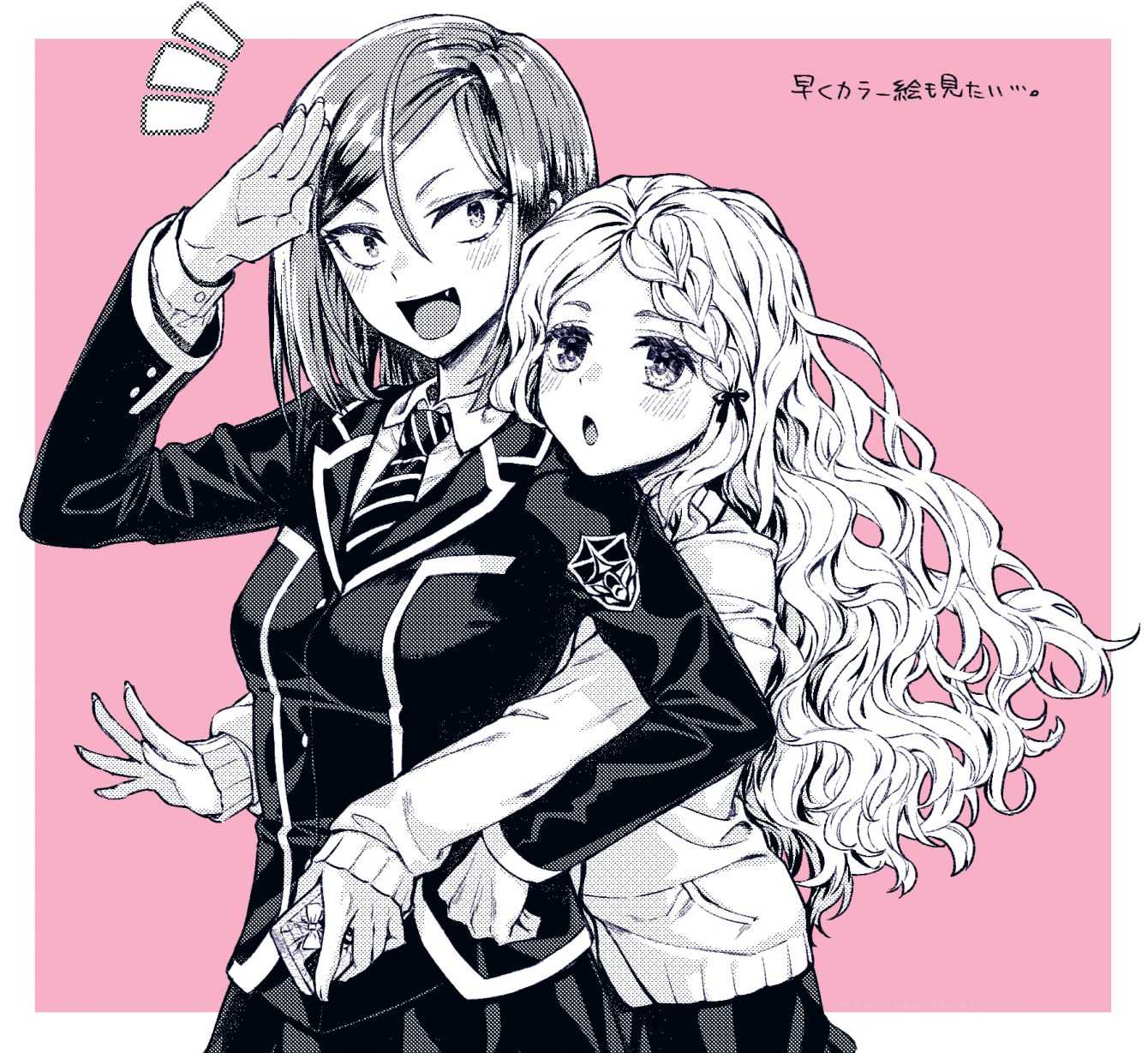The last two chapters of Ayakashi Triangle, the new manga by Kentaro Yabuki (To Love-Ru), were not released on Viz and MangaPlus, without an official explanation. In the viewfinder, the excessive eroticism of the work
“Chapter 74 will not be published on MangaPlus”. This is the extension of the official note of Shueisha in the part of Shonen Jump magazine dedicated to Ayakashi Triangle, last week. And, despite the guarantees of the return, also this week, chapter 75 of the manga of Kentaro Yabuki was not released in simulcast.
Nè Shueisha nè Viz, responsible for the translation and distribution of the Jump in manga USA, have released further statements. Furthermore, the series page has disappeared on the Viz website, and digital editions of the volumes are no longer available. The community of readers is in turmoil. What’s going on?
Let’s start from the beginning. There is no doubt that Ayakashi Triangle is a manga with a strong ecchi component. This is the trademark of Yabuki, the author known for the series To Love-Ru. The suspicion is that the last two chapters have crossed some unwritten limit, triggering the censorship.

The offending chapters of Ayakashi Triangle
When you opt to censor a work, the action is equivalent to granting one victory over piracy. Considering also the fact that MangaPlus was created precisely to counter illegal releases, the error of the censors is even more evident.
In fact, thanks to the amateur translations, we were able to find the latest chapters of the manga, and, now, we can make assumptions about the reason for the censorship.
Chapter 74 sees the friend of Tears e Matsuri, Lucy Tsukioka, on the trail of the mysterious alien met long ago (who is none other than Matsuri in his original form of male). He then goes to Matsuri’s house, where he has a “close encounter” with Rocha. In chapter 75, Lucy also joins Matsuri as she prepares for the bath, and helps her wash her back.
The physicality of the two characters is less developed than that of Matsuri, Suzu and company, so far the main protagonists of the manga’s ecchi gags. The hypothesis is that in the West they did not like, or found it too problematic, the sexualization of the two girls, who appear naked or semi-naked in several scenes.
Beyond the moral and cultural judgment on the work, the censorship achieves a single result: returning the manga to piracy.
Poor communication hasn’t helped the cause, with readers raging. Ayakashi Triangle is not yet hugely popular, which is why publishers were perhaps hoping to put the censorship on the back burner. Unfortunately, this is only the latest piece in a thirty-year history of censorship of Japanese works by the Americans.
At the moment, it is not known whether Ayakashi Triangle will return with the chapter 76, or will continue to be excluded from the online simulcast. The prospects, however, are not good for the work of Yabuki, who is forced to give up the slice of the public unable to resort to piracy.















Leave a Reply
View Comments